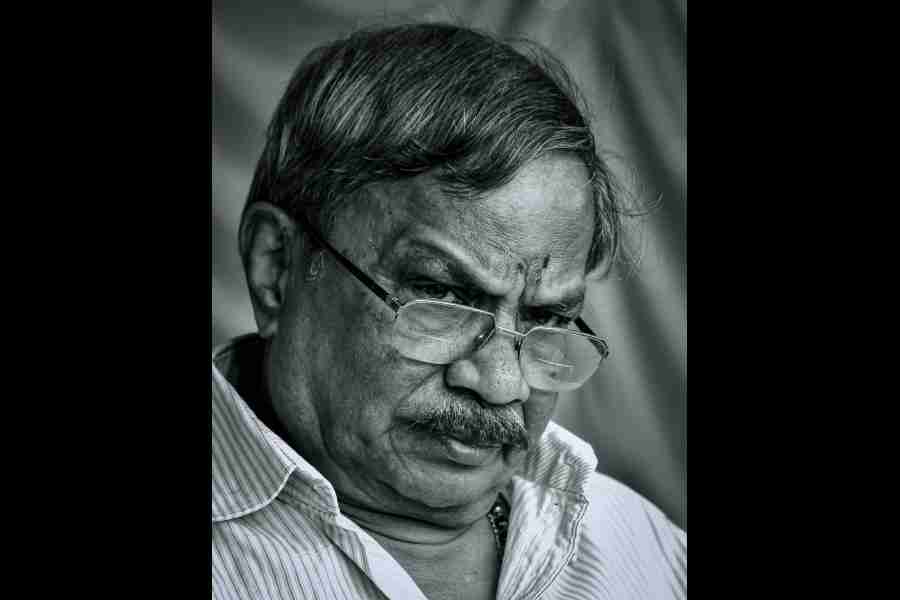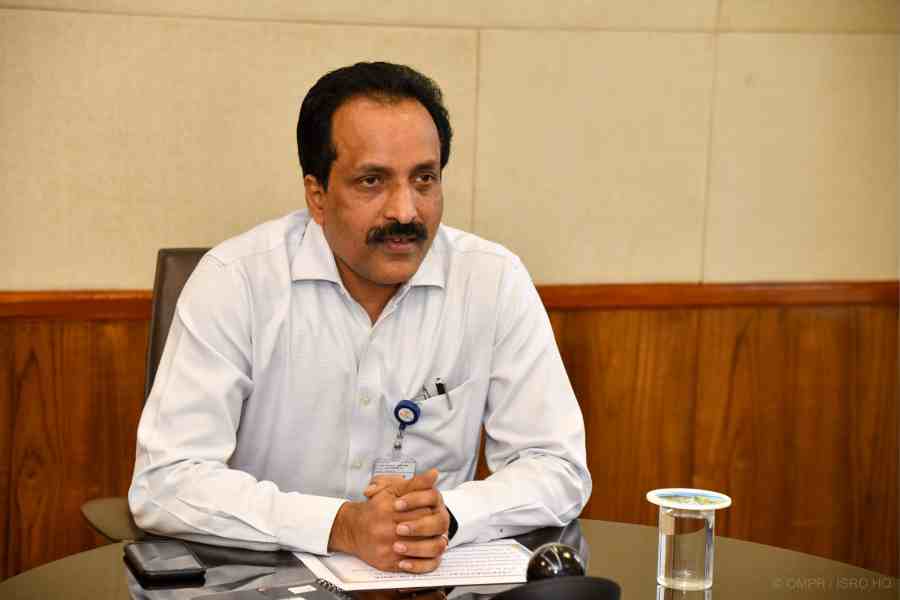This too is a Kerala story; a singular one about a cultural personality’s reach and sway over several generations of Keralites across the world, for over six-and-a-half decades.
Madath Thekkepat Vasudevan Nair, or M.T. Vasudevan Nair or MT, turned 90 on July 15. He continues to be physically active and is known to attend public events. He also comments on social, political and cultural developments from time to time.
MT is primarily a writer, overwhelmingly a writer of fiction, a master of the forms of the novel and the short story. His praxis rendered a new sensibility in both genres. And while it has been 20 years since he published his last fiction, his popularity remains undiminished. According to informal estimates from publishers and booksellers in Kerala, to date MT features consistently in the list of the top five best-selling writers.
The sensibility MT brought to the Malayalam novel and the short story spanned form and content. Along with fiction, forays into non-fiction, commentary on contemporary and historical aspects of the world are also part of MT’s oeuvre. He has the ability to capture the subtle nuances of a given situation or personalities involved therein, in a language and style that is without parallel. In short, MT’s way with the written word has added great value to Malayalam prose.
MT pioneered and strengthened one particular stream of neo-realist cinema in India. He is a much-awarded filmmaker. He is also the most illustrious literary editor that Kerala has ever seen. At least two generations of new writers owe their place in the limelight to him. His journalistic endeavors did not just promote Malayalam literature’s forays into modernism but literally galvanised them.
Yet another quality of MT is that he is an institution-builder. He has founded cultural institutions that have proactively sought — with varying degrees of success — to rebuild the essence of the social and cultural trends often described as the Kerala Renaissance. The most important among a series of institution-building efforts is the revival and restructuring of the Thunchan Memorial at Tirur in north Kerala.
The memorial is named after Thunchath Ezhuthachan, who is regarded as the father of Malayalam language. Ezhuthachan, among other things, evolved the 51-character alphabet for Malayalam. The Thunchan Memorial,originally set up in 1964, came under the leadership of MT in 1993; since then it has become a symbol of the vibrancy and diversity of Kerala’s cultural pursuits and engagements.
Alongside all of this, MT has also been a direct participant in important social movements in Kerala. These include the movement against state repression of the Adivasis of Kerala as well as the campaign against communal violence, both in the early 2000s, and more recently, the open criticism of the public hardships created by the demonetisation drive in 2016.
The collective effect of these contributions can only be termed as “MT phenomenon”. It has held sway over successive generations of literary connoisseurs, cultural aesthetes and social observers in the 20th and 21st centuries.
The various aspects of the MT phenomenon are being celebrated through a series of programmes highlighting the landmark events related to his life. The celebrations started with a five-day festival at Thunchan Parambu titled Saadaram. The festival was inaugurated by Kerala chief minister Pinarayi Vijayan and the inaugural event was attended by film actor Mammootty.
Over five days, different aspects of MT’s creative life were discussed. The discussion on his novels generated a heated debate between Tamil writer Jayamohan and Malayalam critic M.M. Narayanan. Jayamohan analysed MT’s novels essentially as stories of individual alienation and pathos, while Narayanan countered saying the stories have deep historical and political dimensions too. The debate left its imprint on Kerala’s social and cultural spaces for days, underscoring the continuing relevance of MT’s works.
Renowned actors and directors of Malayalam cinema spoke about the impact of the MT phenomenon on them; it was the emotional highpoint of the festival. And there was a dance performance by MT’s daughter, the renowned Bharatanatyam exponent, Aswathy V. Nair.
An anthology of nine films based on MT’s short stories is slated for release this year. Priyadarshan will be directing two of them, Olavum Theeravum (Waves and Shore) and Shilali-khitham (Inscriptions).
MT’s daughter Aswathy will make her directorial debut in this series with Vilpana (The Sale). The other directors and their corresponding films are Abhayam Thedi Veendum (Once Again in Search of Refuge) by Santosh Sivan, Swargam Thurakkunna Samayam (When the Doors of Heaven Open) by Jayaraj, Kazhcha (Vision) by Shyamaprasad, Kadal Kattu (Sea Breeze) by Rathish Ambat, Sherlock by Mahesh Narayanan and Kadugannava Oru Yathra Kurippu (Kadugannava, A Travel Note) by Ranjith.
It’s unlikely any other writer has been celebrated in India on this scale in recent times.











